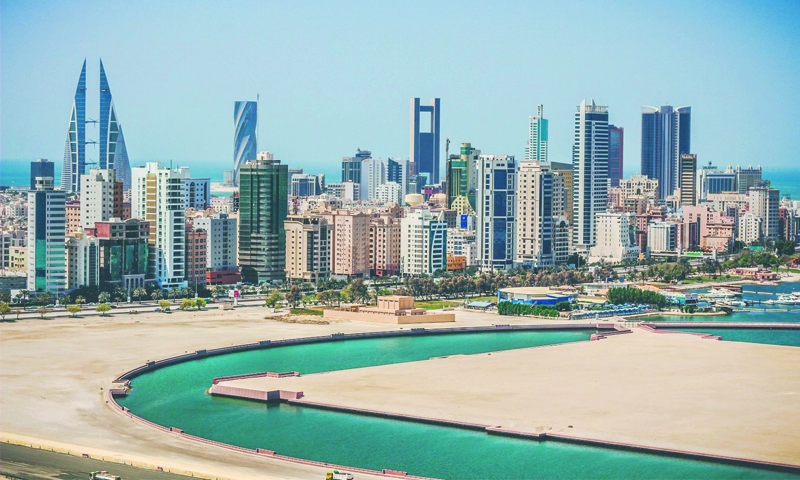Deficit may fall to 7.5pc of GDP
Manama : Thanks to higher revenues this year, Bahrain is on course to reduce its budget deficit to 7.5 per cent of the GDP, marking a 2.5 reduction from the 10pc recorded last year, according to ICAEW and Oxford Economics’ Economic Insight report for the third quarter. According to the researchers, despite the expected narrowing, the fiscal position will remain weak requiring a significant fiscal adjustment on top of steps taken in recent years. The government’s biggest challenge would be containing public expenditure, according to the report.
“In March, Bahrain had to cancel a conventional bond sale and make do with only a $1 billion from a sukuk offering as investors thought the strategy was lacking, demanding a higher premium. The implementation of VAT should help diversify revenue streams, alongside the excise taxes announced at end-2017, but containing public expenditure is the biggest challenge for the government,” the report stated. The forecast for Brent is 37pc higher this year at $74.5 per barrel. The rise in oil prices is expected to support expenditure in Bahrain.
A rise in inflation is expected this year because of the ‘revenue enhancing measures’ taken by the government and it will consequently take a toll on household spending. “The revenue-enhancing measures are also expected to contribute to higher living costs – we project inflation to accelerate to 2.7pc this year, from 1.4pc in 2017, weighing on household spending,” the report said. The report explained that resurfacing of political issues could further lead to “weakening Bahrain’s position as an important finance, business, logistics and tourism centre, hurting the non-oil economy.”
“The outlook for Bahrain’s economy remains stunted by the ongoing contraction in the oil sector and lack of policy space due to persistently wide budget deficits and high and rising levels of public debt,” the report said. “The economy is seen benefitting from the steady stream of investment in 2018, funded mainly from the GCC Marshall Fund, while additional support will be provided to address the fiscal shortfall and currency pressure,” the report stated.
Mohammad Bardastani, ICAEW Economic Advisor and Senior Economist for the Middle East at Oxford Economics, said: “Although the rise in oil prices promises to support growth in the region, rising interest rates and tighter monetary conditions could slow down momentum in the non-oil private sector. Moreover, any escalation of the trade war between US, China and the EU could weigh on the region’s economic outlook through weaker external demand and lower oil prices.”
Related Posts

